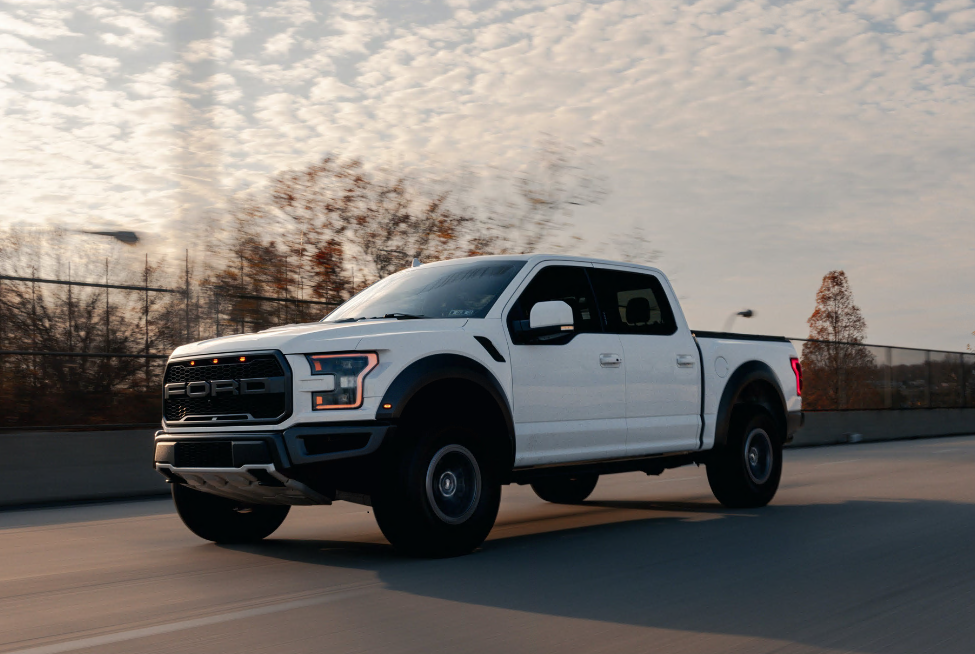If you are thinking of buying a double cab pick up in 2024, then you may find this article a useful read following a recent ‘quiet’ announcement from HMRC which may influence your decision when to act.
Following their win in the Coca Cola case over three years ago, HMRC have now finally clarified tax treatment of double cab pick ups (DCPU).
Right back in 2020 HMRC won a tax case in the Court of Appeal against Coca Cola which concerned certain “double cab pick up” vehicles. For many years the VAT rules have permitted DCPUs to be treated as vans rather than cars for VAT purposes where, broadly, they have a useful payload (carrying capacity) of at least 1 ton. Since then these vehicles have become very fashionable as an alternative to standard family cars, due to their comfort, 5 seats and often covered luggage area.
In practice, HMRC had allowed this treatment to also apply to the rules for both Capital Allowances and employment benefits.
The tax treatment of vans is significantly better than cars – for businesses, they can claim full tax relief up front for the purchase of a DCPU via Annual Investment Allowance or full expensing, whereas for a car with similar emissions tax relief will be spread over a much longer period of time. In addition, the benefit-in-kind charge for a van is significantly lower than for a car, due to a fixed benefit charge, whereas for a car it is a percentage of list price. Typically this would mean the taxable benefit annually for a DCPU is easily less than half what it would be if the vehicle were treated as a car.
Since the Coca Cola decision there has been considerable uncertainty as to whether businesses should implement the decision in their tax reporting, or wait for any further appeal.
However, this week HMRC have (rather quietly) updated their manuals to clarify that their interpretation should be applied to DCPUs purchased from 1 July 2024 onwards. So for DCPUs already owned, or ordered by the end of June, the current favourable treatment can be adopted until the vehicle is sold (but no later than April 2028).
For DCPUs ordered or purchased from 1 July 2024 onwards, they will be treated as cars with the lower Capital Allowances and much higher benefit in kind charges.
It therefore makes sense for businesses coming up to replace vehicles who would like to buy a further DCPU to do this by the end of June to secure another 4 years of the preferential tax treatment.
In addition, businesses that had already adopted the “new approach” could now investigate the possibility of amending their declarations for past periods to reapply the more beneficial treatment, as there may be the potential for obtaining refunds.
Contact James Geary or Rachel Roberts by emailing james.geary@randall-payne.co.uk or rachel.roberts@randall-payne.co.uk, or call 01242 776000.



